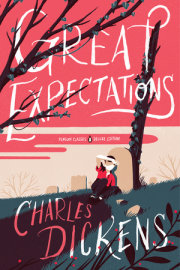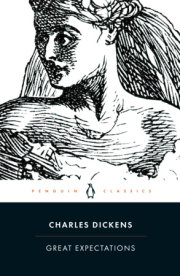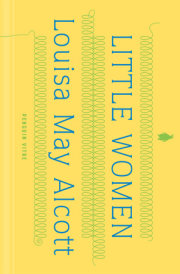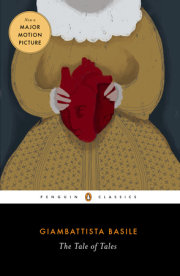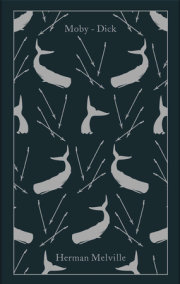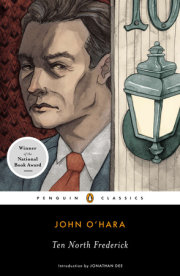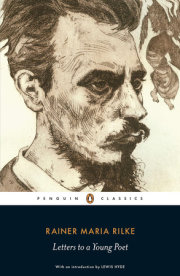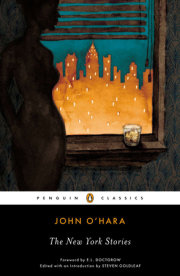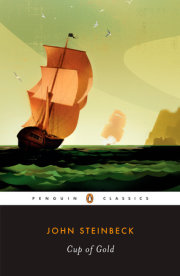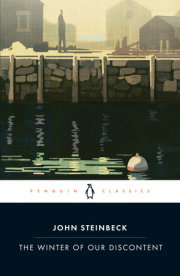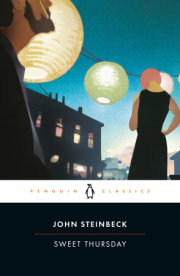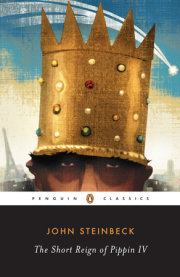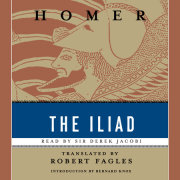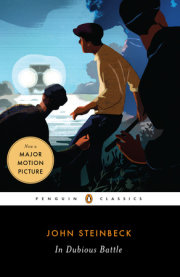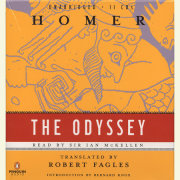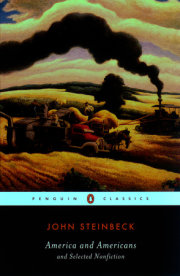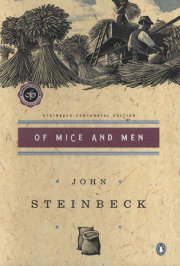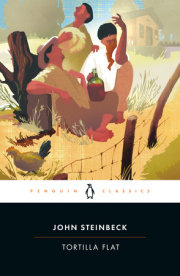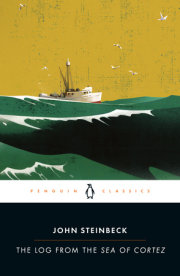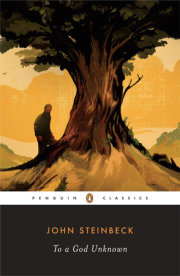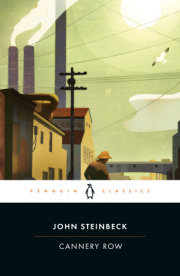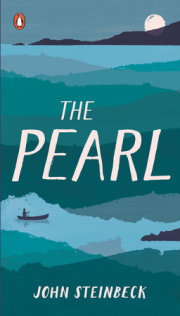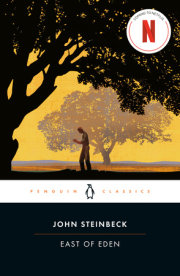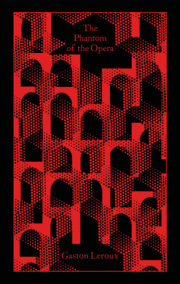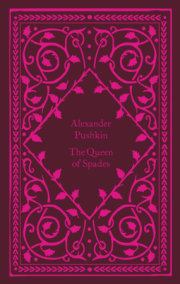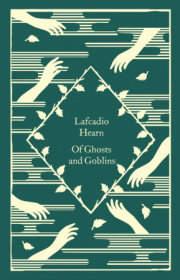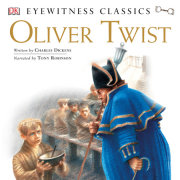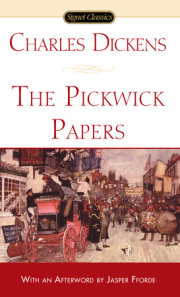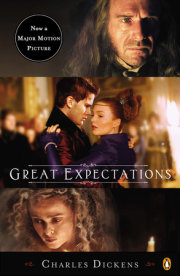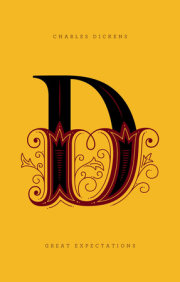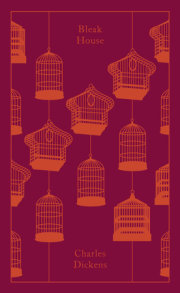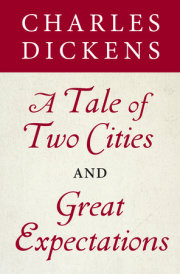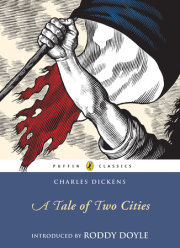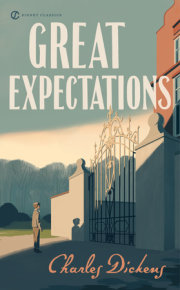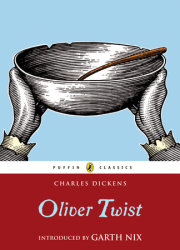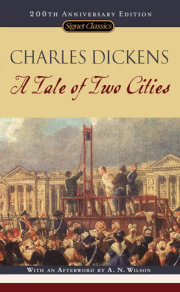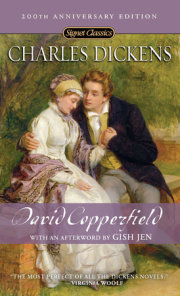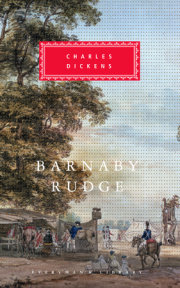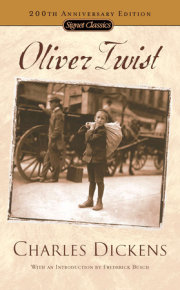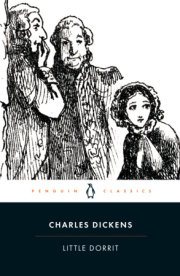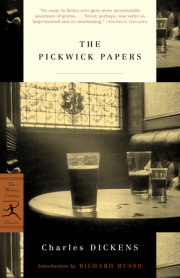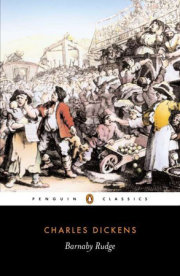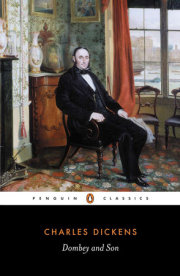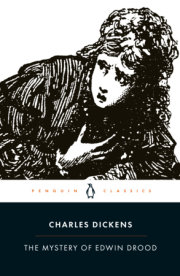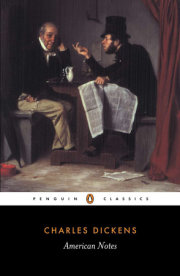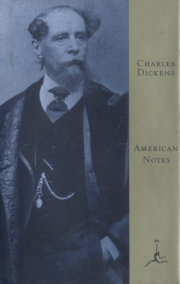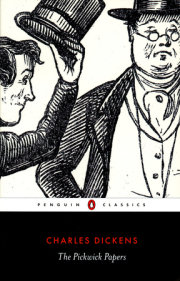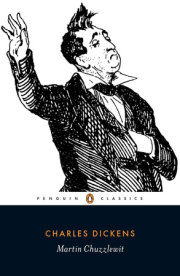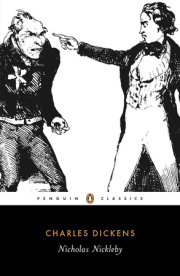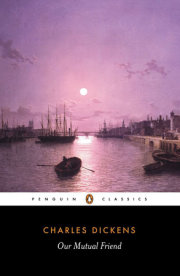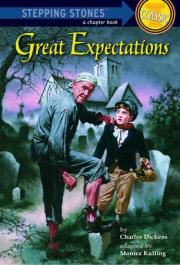Chapter I.
My father's family name being Pirrip, and my christian name Philip, my
infant tongue could make of both names nothing longer or more explicit than
Pip. So, I called myself Pip, and came to be called Pip.
I give Pirrip as my father's family name, on the authority of his tombstone
and my sister – Mrs. Joe Gargery, who married the blacksmith. As I never saw
my father or my mother, and never saw any likeness of either of them (for
their days were long before the days of photographs), my first fancies
regarding what they were like, were unreasonably derived from their
tombstones. The shape of the letters on my father's, gave me an odd idea
that he was a square, stout, dark man, with curly black hair. From the
character and turn of the inscription, "Also Georgiana Wife of the Above,"
I drew a childish conclusion that my mother was freckled and sickly. To
five little stone lozenges, each about a foot and a half long, which were
arranged in a neat row beside their grave, and were sacred to the memory of
five little brothers of mine – who gave up trying to get a living exceedingly
early in that universal struggle – I am indebted for a belief I religiously
entertained that they had all been born on their backs with their hands in
their trousers-pockets, and had never taken them out in this state of
existence.
Ours was the marsh country, down by the river, within as the river wound,
twenty miles of the sea. My first most vivid and broad impression of the
identity of things, seems to me to have been gained on a memorable raw
afternoon towards evening. At such a time I found out for certain, that
this bleak place overgrown with nettles was the churchyard; and that Philip
Pirrip, late of this parish, and also Georgiana wife of the above, were
dead and buried; and that Alexander, Bartholomew, Abraham, Tobias, and
Roger, infant children of the aforesaid, were also dead and buried; and
that the dark flat wilderness beyond the churchyard, intersected with dykes
and mounds and gates, with scattered cattle feeding on it, was the marshes;
and that the low leaden line beyond was the river; and that the distant
savage lair from which the wind was rushing, was the sea; and that the
small bundle of shivers growing afraid of it all and beginning to cry, was
Pip.
"Hold your noise!" cried a terrible voice, as a man started up from among
the graves at the side of the church porch. "Keep still, you little devil,
or I'll cut your throat!"
A fearful man, all in coarse grey, with a great iron on his leg. A man with
no hat, and with broken shoes, and with an old rag tied round his head. A
man who had been soaked in water, and smothered in mud, and lamed by
stones, and cut by flints, and stung by nettles, and torn by briars; who
limped, and shivered, and glared and growled; and whose teeth chattered in
his head as he seized me by the chin.
"Oh! Don't cut my throat, sir," I pleaded in terror. "Pray don't do it,
sir."
"Tell us your name!" said the man. "Quick!"
"Pip, sir."
"Once more," said the man, staring at me. "Give it mouth!"
. All rights reserved. No part of this excerpt may be reproduced or reprinted without permission in writing from the publisher.



